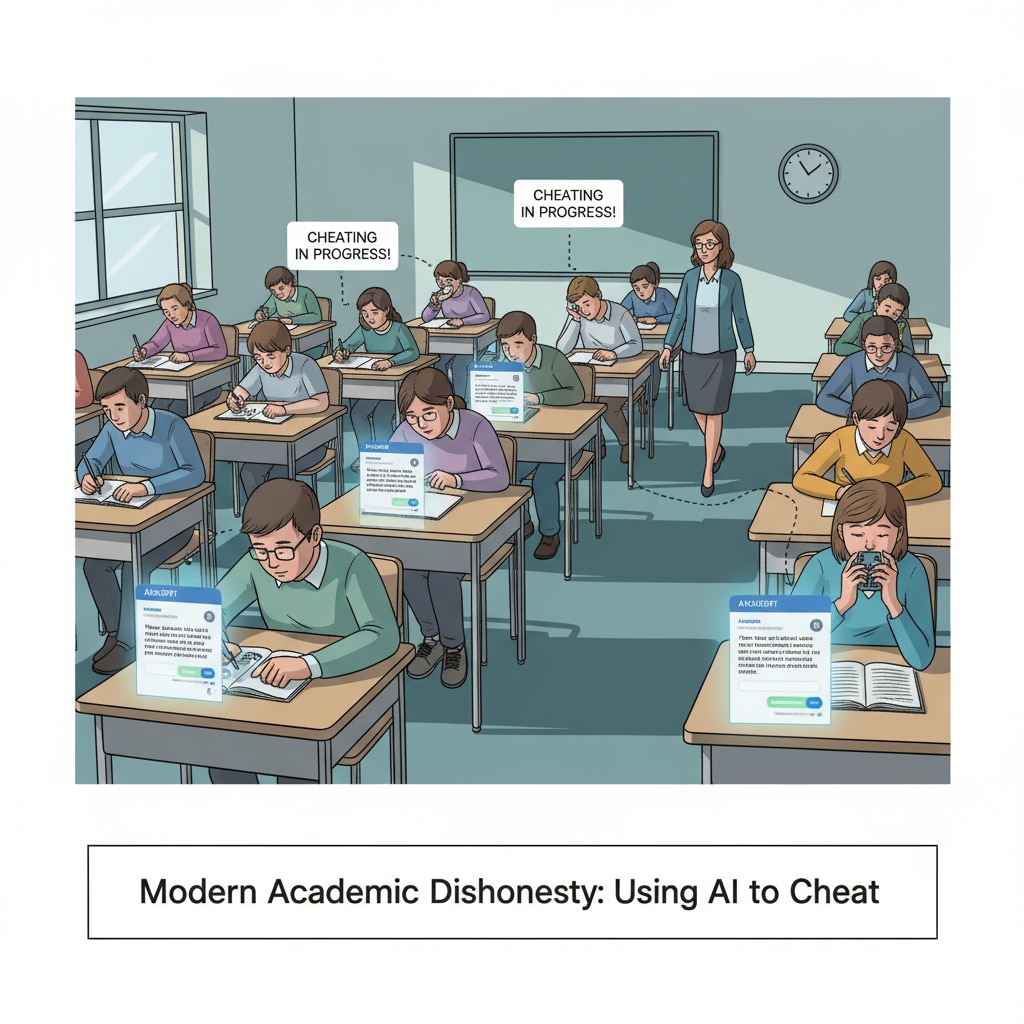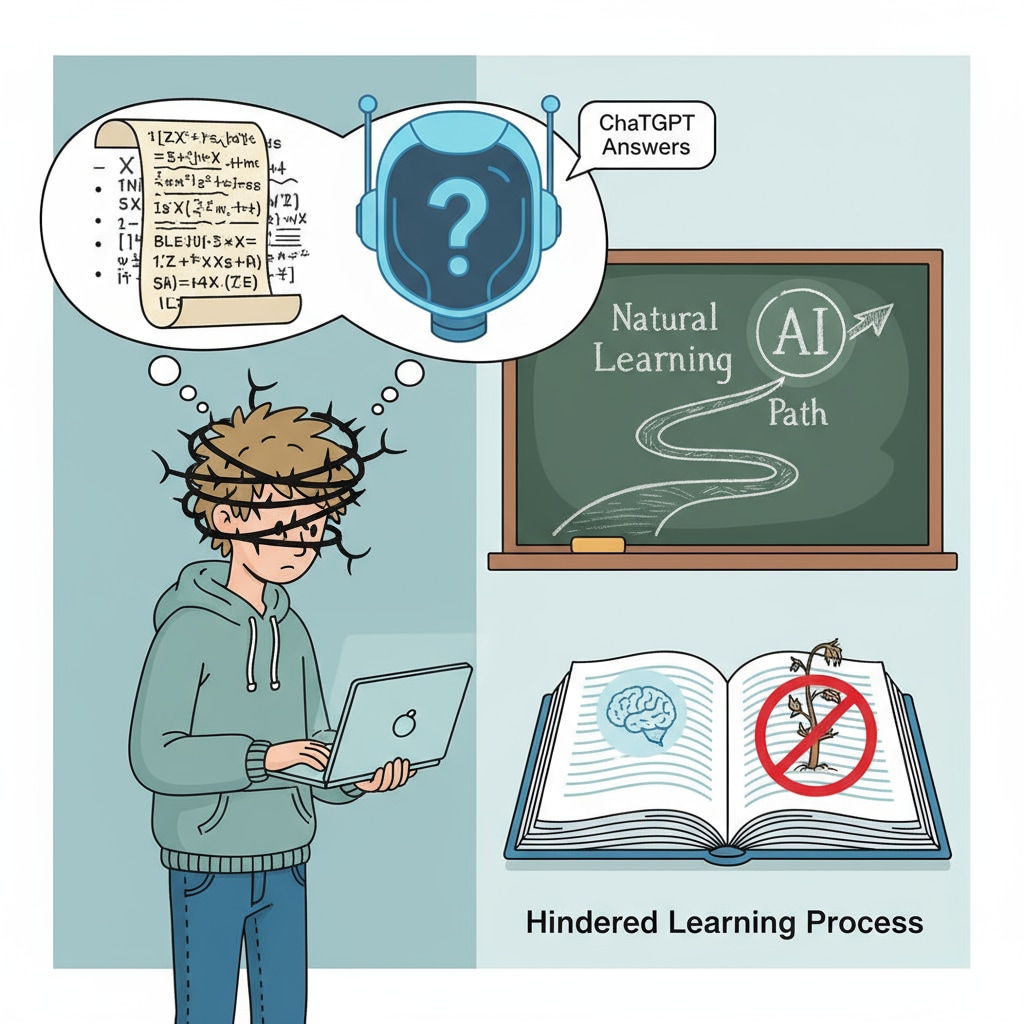The issue of ChatGPT, education, and cheating has emerged as a major challenge in the digital age. As AI tools like ChatGPT gain popularity in K12 education, students are increasingly using them to cheat, threatening the very essence of learning.

This trend not only undermines the development of critical thinking but also poses a significant threat to educational fairness.
The Threat to the Essence of Learning
True learning involves the acquisition of knowledge, skills, and the development of critical thinking. When students rely on ChatGPT to complete assignments, they miss out on the opportunity to engage deeply with the material. For example, instead of analyzing a text and formulating their own opinions, they simply get pre-written answers from the AI. This reduces learning to a mechanical process of copying, rather than a transformative experience. Critical thinking on Wikipedia

The Impact on Critical Thinking Development
Critical thinking is a crucial skill that enables students to analyze, evaluate, and solve problems. ChatGPT’s use for cheating stunts this development. Students who cheat with the help of this tool don’t learn to question, reason, or make connections. As a result, they may struggle in real-world situations where independent thinking is required. Critical thinking on Britannica
Furthermore, the over-reliance on ChatGPT can lead to a lack of confidence in one’s own abilities. Students may become dependent on the tool and fear facing tasks without its assistance.
Threat to Educational Fairness
Educational fairness is based on the principle that all students should have an equal opportunity to succeed based on their own efforts. However, when some students use ChatGPT to cheat, it creates an unfair advantage. Those who work hard and follow the rules may be at a disadvantage compared to cheaters. This can demotivate honest students and erode the integrity of the educational system.
To address this crisis, teachers, parents, and schools need to take proactive steps. Teachers can design assignments that are more difficult to cheat on, such as open-ended projects that require in-depth research and personal insights. Parents should monitor their children’s online activities and educate them about the importance of academic integrity. Schools can implement strict anti-cheating policies and provide resources for students to develop proper study skills.
Readability guidance: This article uses short paragraphs to clearly present ideas. Each H2 section offers key points. The use of passive语态 is minimized, and transition words like “for example”, “furthermore”, and “as a result” are used to enhance the flow of the text.


